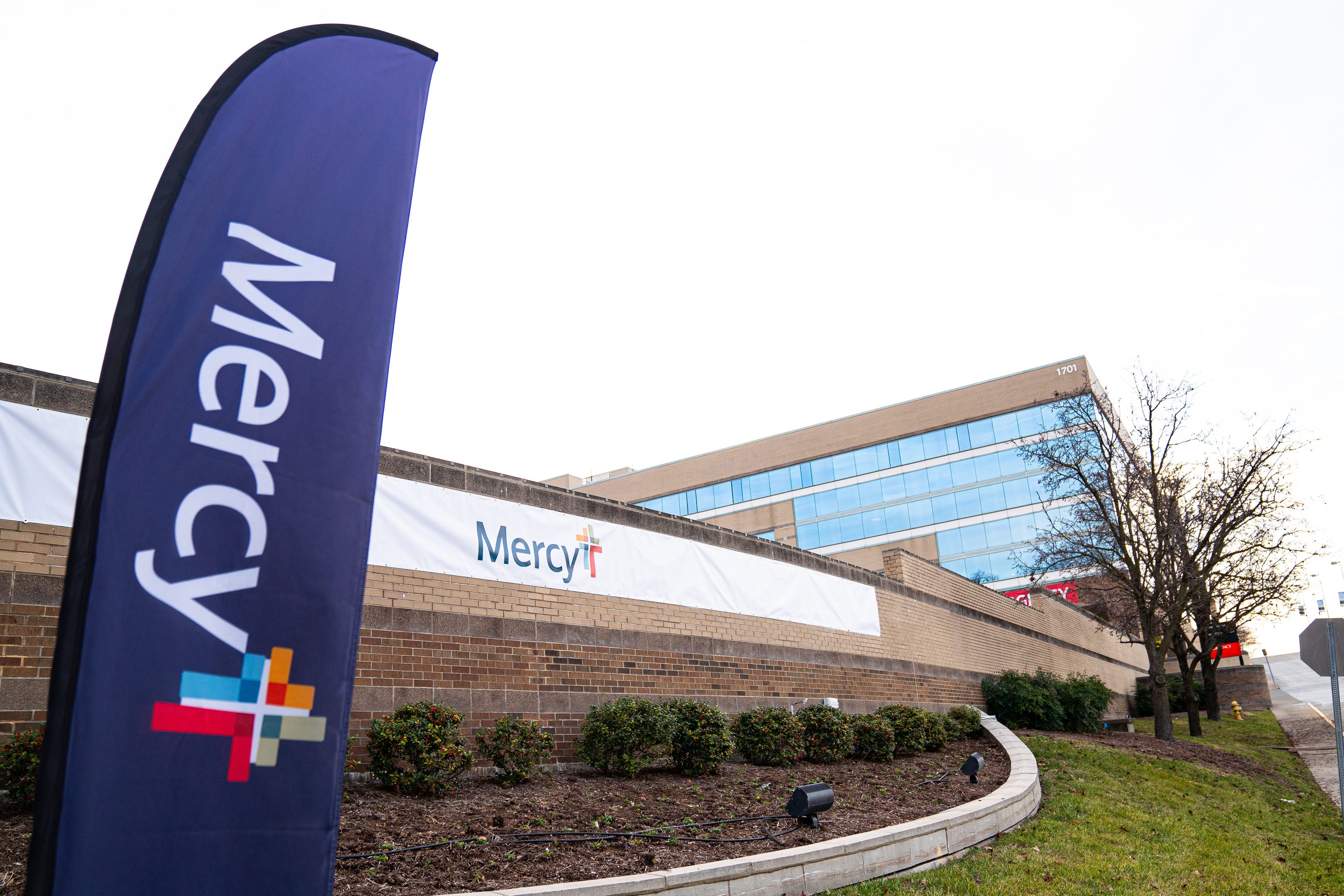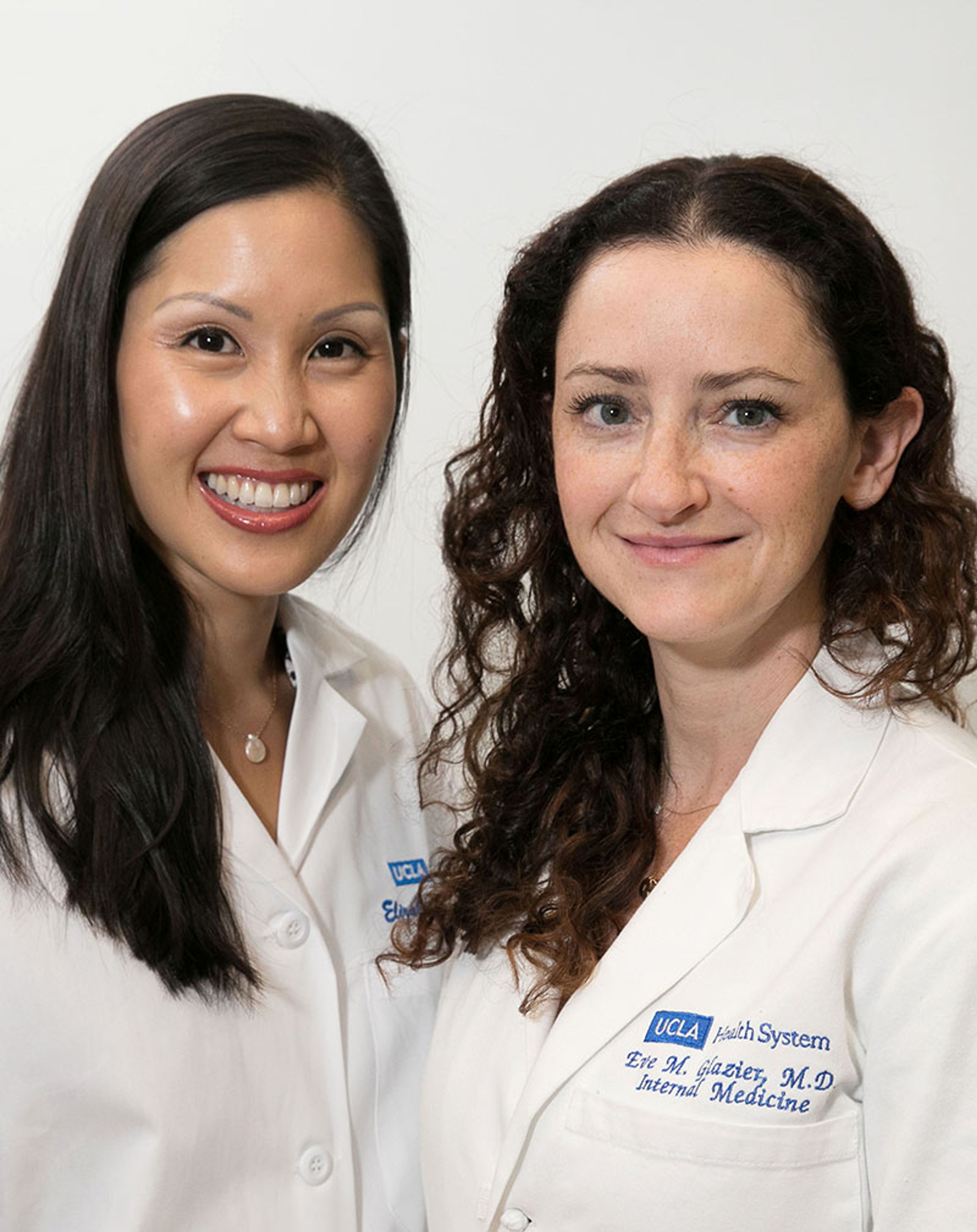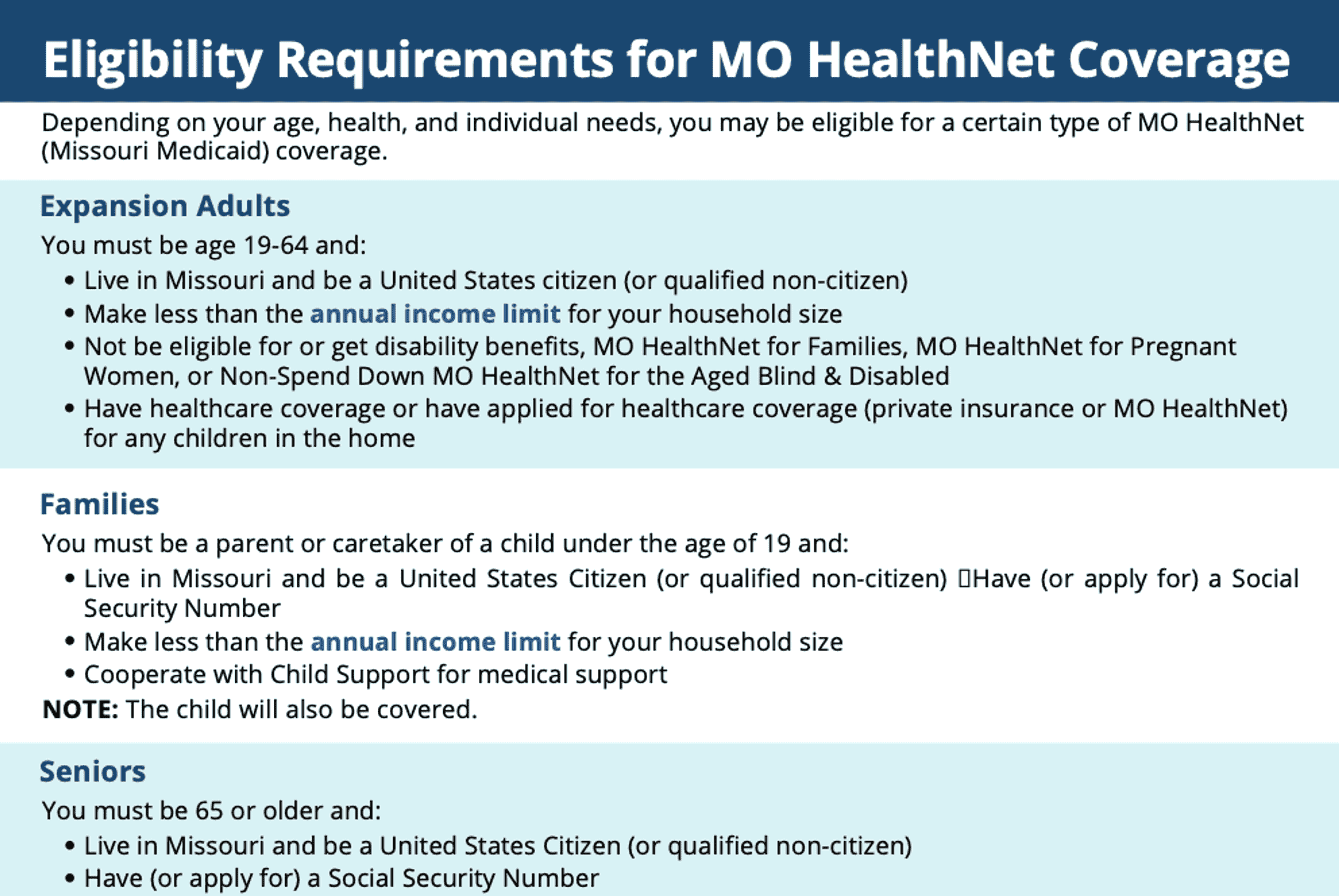Survivor Stories: Hitting rock bottom to find faith, recovery
Hayes Howell's journey from addiction to faith and recovery highlights the power of inner transformation. Discover how he overcame his struggles and now inspires others as a pastor.
As early as third grade, Hayes Howell says his struggle with addiction began to fester inside of him. While drugs and alcohol would manifest themselves as the outer appearance of his addiction during his teens and 20s, the true problem was within, with his incessant need to please others, which began as a child after he cried from being bullied in the third grade. From that point on, he told himself he never wanted to cry again and began seeking to make others happy all of the time.
“What really happened was, I became addicted — a slave to, whatever word you want to use — to the approval of other people,” Hayes says.
The first time Howell drank alcohol was at the age of 13; he began smoking cigarettes at age 12. Once in high school, he says he tried to stay on top of his grades and be a student athlete alongside maintaining a relationship with his girlfriend who is now his wife. And it worked: Howell says he was almost always a straight-A student, was all-state in basketball and all-conference in baseball.
“All of these things from the outside, you think that that’s the perfect kid, and inside, there was just this addictive nature that was running wild,” Howell says. “I didn’t always feed it, but it was there.”
As Howell transitioned into college, he says he lost the identity he had fostered around being an athlete. He became more involved in college life and eventually joined a fraternity.
Howell says during college, he went from drinking once a week to every weekend and even throughout the week. At that point, Howell says he still didn’t see an issue with his behavior.
Howell declared a pre-med track while studying at college and began working at a doctor’s clinic. Every day, he read the Physicians Desk Reference (PDR) to learn about the types of drugs he would deal with on a daily basis as a doctor.
After getting sick with bronchitis, the doctors at the clinic prescribed him codeine and cough syrup. Howell says this was where his addiction to drugs began, and it only continued to grow while working at the clinic.
After returning from a week-long trip to South Texas during which Howell proposed to his now–wife, he says he was prescribed medication for a headache he had been dealing with frequently. Howell says the doctor told him the medication was a non-narcotic, nonaddictive medication, but in reality, it was both.
“I took the first pill, and within a matter of 30 minutes, I took another one,” Howell says. “I was like, ‘I really like the way this makes me feel.’”
Howell says while his addiction was at a high, he married his wife. The first year of their marriage was extremely difficult, he says.
“She didn’t know who she was coming home to, or if I was going to be dead. I should have overdosed many times,” Howell says.
At that point in time, Howell realized he had hit rock bottom. Every night after that point, he found a narcotics anonymous meeting to go to and began to focus fully on recovery. His recovery doctor put him on opioid blockers, and while detoxing, Howell says he turned to faith in God.
“There wasn’t angels singing in heaven,” Howell says. “But the next day, I woke up, and I didn’t use drugs. And that’s been the same ever since, and that was 17 years ago now,” Howell says.
Howell says he felt putting his faith in God and repenting of his sins helped him turn his life around. Eventually, he moved into preaching with the hope of helping others and is currently the executive pastor at Lynwood Baptist Church in Cape Girardeau.
“If God can take my story and connect it with theirs in a way that motivates them to say, ‘Oh, OK, maybe I can do this,’ then that’s what matters,” Howell says.
When it comes to others struggling with addiction, Howell says the most difficult part for many is to acknowledge they have a problem.
“You’re not crazy, you’re not alone, and there are people out there who have been through it and want to help you get through it,” Howell says.
For friends or family who know someone who is struggling with addiction, Howell says the reality is the person must first want to stop using drugs before a family member or friend can truly help that individual. However, Howell says providing a safe space for that individual to talk can still be helpful.
Howell encourages those struggling with addiction to explore faith. He says personally having a relationship with God allows him to be transparent in his life.
“To me, the thing about religion is, I don’t have to approach God with a façade on,” Howell says. “I have to believe he is all-knowing. I don’t have to try and lie to him, because he already knows.”
Connect with the Southeast Missourian Newsroom:
For corrections to this story or other insights for the editor, click here. To submit a letter to the editor, click here. To learn about the Southeast Missourian’s AI Policy, click here.










